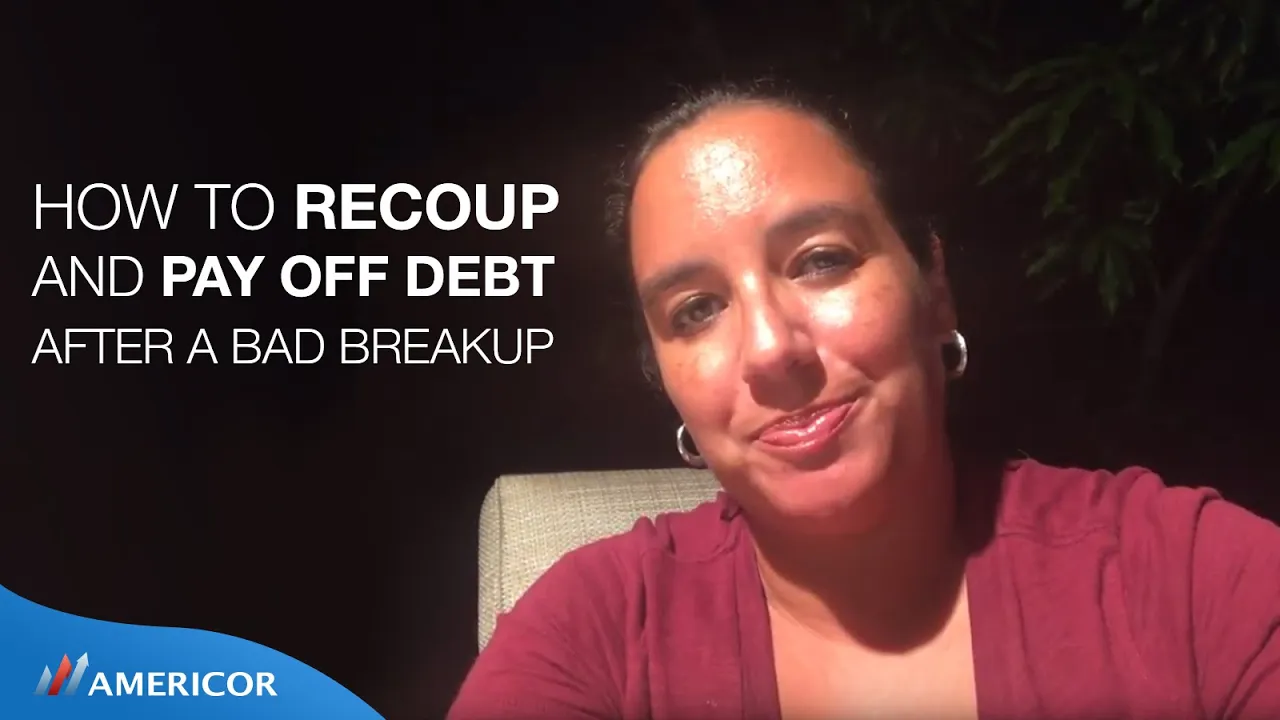Georgia Debt Relief Program
How much do you owe?




Georgia Residents Experience History And High Costs
Georgia has long enjoyed a reputation for being “the empire of the south,” a title that reflects the state’s rich history.
Today, Georgia residents can walk through the historic districts of cities like Savannah and Atlanta, seeing such landmarks as the birthplace of Martin Luther King, Jr.
In fact, Georgia is often listed as the birthplace of the civil rights movement, a fact that only adds to the region’s diverse culture.
Outside of the cities, Georgia residents can enjoy the natural beauty of its wooded parks or enjoy the warm Atlantic coastline. And who could forget the signature Georgia peach, brought to the region in the sixteenth century and still playing a major role in the state’s agricultural economy?
Travelers may love the fact that their state offers a hub for major airlines, making it easy to explore new horizons.
Statistically speaking, the cost of living in Georgia is comparatively low, with the state ranked as the fifth-least expensive state in the U.S. But while costs are low in the state’s rural areas, residents in major metroplexes face significant challenges.
Houses within the Metro Atlanta area average around $405,000, and utility costs tend to be around 3% higher than the rest of the United States. The state also has slightly more commuters than the rest of the country, each of whom has to pay $148 or more a month for insurance.
*** SPECIAL NOTE *** – If your credit cards, personal loans, or medical debts have become unmanageable and you owe over $20,000… then go here for debt relief. We can help!
Georgia’s High Credit Card Debt
On average, Georgia residents have a credit card balance of about $6,569, a number that is the ninth-highest of any state in the nation. But that’s just per card. In Atlanta, for example, the average household has credit card debt totaling $12,297, which translates into $2.6 billion for just the first quarter of 2022.
This total makes Georgia one of the worst states in the country when it comes to credit card debt. With a median household income of $64,994, this much debt can be crippling without access to Georgia debt help.
Are you struggling with credit card debt? Use the calculator here to determine the number of minimum monthly payments you’ll need to make to eliminate your debt.
You can also use the calculator to learn just how much you’ll pay in interest as you pay off your debt.
How To Become Debt-Free In Georgia
Thankfully, no matter how much debt you have, Georgia debt help programs are available. These programs can help you and your family get out of debt faster, which will also eliminate the excess money you’ll spend on interest.
Take advantage of Georgia debt help programs such as:
As America’s trusted source for debt relief solutions, we aim to empower you with financial knowledge that can lead to informed decisions, whether it’s about savings, investments, or managing debt.
If your debt has become unmanageable and you have difficulty making your debt payments each month, then you should consider a FREE consultation call with one of our certified Debt Consultants, who can provide personalized debt relief advice tailored to your specific needs.
By taking proactive steps today, you can put an end to your financial stress and work towards a brighter financial future.
Remember, there is always hope for debt relief, and our team of experienced professionals are ready to guide you on your journey to regaining control of your finances.
For more information on Americor’s debt relief services, contact us today to see how we can help you eliminate your debts, and get on the fast-track to becoming completely debt-free!





“In 2020, I was drowning in debt. I enrolled in Americor for my 10 creditors for $110,000… and today (three years later) I have cleared my entire balance. It was not an easy process, but Americor guided me through and I am debt free!”





“I was down $80k in business debt, and I remember hearing Americor radio advertising. My credit score was down to 570 from 810. I’ve been in the program for over 3 years. It works, just be patient. And my credit score is currently back up to 710!”
We’ve Helped Thousands
of People Just Like You
Jeanette L.
Jeanette went through a tough breakup that affected her financial situation. She was paying her bills each month but high interest rates weren’t getting her anywhere, she was flat out drowning in debt and didn’t know how to catch up.

Georgia Debt Relief FAQs
Georgia debt relief companies provide a variety of services that can help you manage and possibly reduce the amount of debt you owe. They can offer assistance with debt management, negotiate with your creditors for reduced payments or interest rates, or settle a debt for less than what is owed. They are experienced in dealing with all types of debts including credit card debts, medical bills, personal loans, tax debts, and student loan debt.
Debt management and debt consolidation are two different strategies used to help people manage their debt in Georgia.
Debt management is a strategy used to create repayment plans, while debt consolidation is a strategy to combine multiple debts into one loan with a lower interest rate and/or one monthly payment.
With debt management, you work with a credit counselor who will review your financial situation and create a plan to help you pay down your debt over time. You will still have responsibility for repaying the debt yourself, but the counselor will help guide you through the process.
Debt consolidation, on the other hand, combines all of your debts into one loan so that you pay less overall in interest and make one monthly payment instead of several. It requires taking out a loan from a bank or lender, typically at a lower interest rate than what you currently owe on those debts, and can help you save money in the long run.
Phone us today and get started on your journey to financial wellness.
To learn more, check out the links provided below:
Imagine life completely
free of debt!
or call the number below to speak with
a certified Debt Consultant today:
